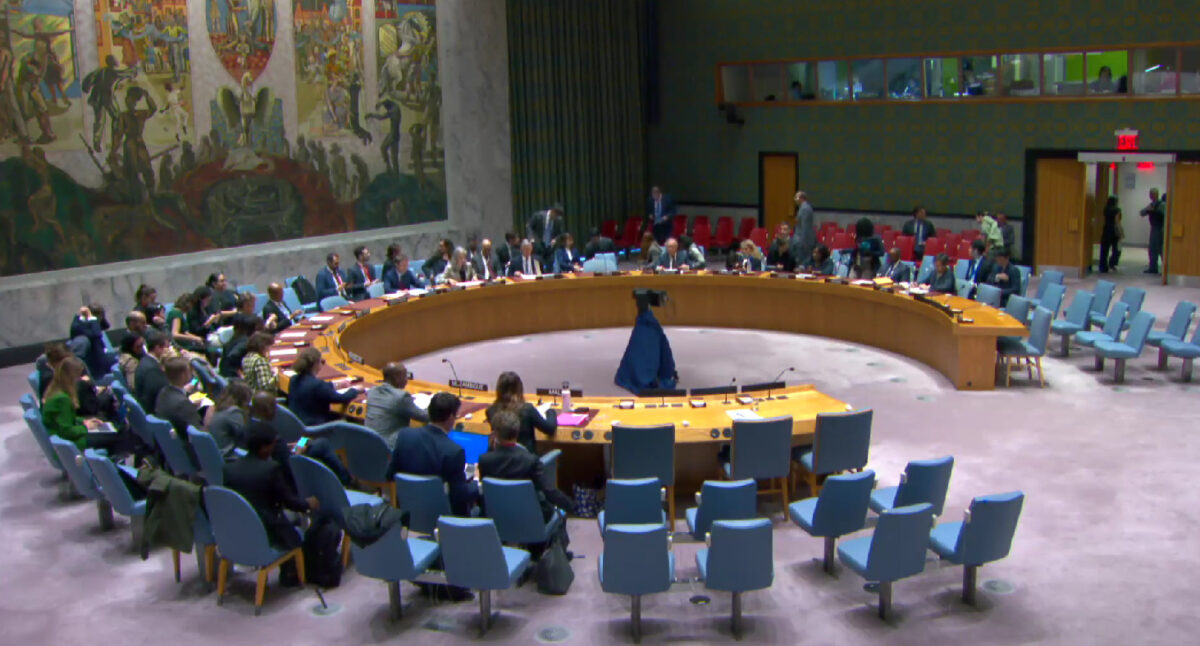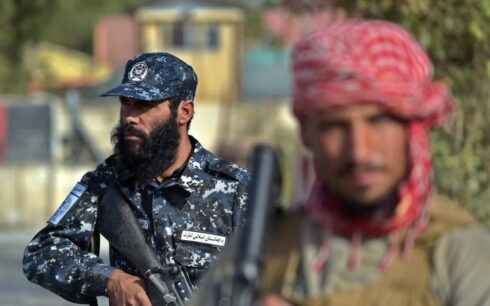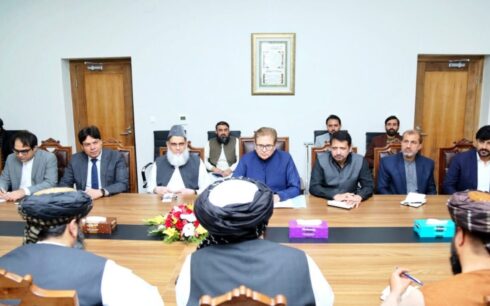In a joint effort, 36 Afghan civil society organizations, networks, and coalitions, both within Afghanistan and in exile, have penned an open letter addressed to the United Nations Member States. The letter, dated November 23, 2023, highlights their observations and concerns regarding the independent assessment report generated in response to UN Security Council Resolution 2679.
The organizations express disappointment, noting that the report appears to be influenced more by the security and geopolitical interests of Member States and regional powers than the pressing needs of the Afghan people. Rather than focusing prominently on the human rights and humanitarian crisis in Afghanistan, the report seemingly downplays these issues, raising significant concerns among the signatories.
The United Nations-mandated assessment report on Afghanistan, conducted by special coordinator Feridun Sinirlioglu, has put forward three pivotal recommendations, including the appointment of a UN special envoy, to initiate a fresh process aimed at addressing the ongoing situation in Afghanistan.
Taliban in a letter to the UN has welcomed parts of the report but has specifically opposed the recommendation on the appointment of a UN special envoy.
Several key observations and recommendations were outlined in the letter:
The signatories express concern about the report’s portrayal of the Taliban’s actions, particularly its characterization of the political turmoil as a “political transition.” They argue that this narrative whitewashes the Taliban and may embolden extremist groups to pursue military takeovers without accountability.
The letter emphasizes discrepancies between the assessment report and reports from credible sources such as the United Nations Assistance Mission in Afghanistan (UNAMA), UN Special Rapporteur, Special Inspector General for Afghanistan Reconstruction (SIGAR), Amnesty International, Human Rights Watch, and media outlets. Allegations of extrajudicial killings, forced disappearances, arbitrary detentions, and other human rights abuses are underscored.
The signatories criticize the report for downplaying the Taliban’s oppressive measures against Afghan women, focusing on a single decree while ignoring numerous others that strip away fundamental rights. They highlight the ongoing challenges faced by women, including recent efforts by the Taliban to halt mental health support projects.
Accountability is a central concern, with the letter criticizing the report for crediting the Taliban for improved security, overlooking their role in destabilizing Afghanistan. The letter argues that stability cannot be achieved when significant portions of the population, especially women, are marginalized.
The report’s replacement of the term “inclusive and representative government” with “inclusive governance” is noted as a concern, with the signatories insisting on both an inclusive and representative government based on the will of the people.
Economic engagement is discussed, with the letter asserting that Afghanistan possesses the necessary national-level capacity but lacks the political will to utilize these capabilities effectively.
Transparency in the allocation of funds is emphasized, with the letter calling for a mechanism to share information with Afghan civil society for analysis and recommendations.
In conclusion, the signatories urge the UN Member States to consider their observations and provide the following recommendations:
- Engage with the Taliban based on accountability for violating the Doha Peace Process and adherence to international human rights norms.
- Ensure that the Special Envoys for Afghanistan and the contact group consist of individuals with a strong background in human rights, especially women’s rights, without prior ties to Afghanistan or any involved group.
- Stop dividing women and civil society between inside and outside Afghanistan, acknowledging the challenges faced by those within the country.
- Balance the situation by providing platforms for women and suppressed groups and engaging on a parity basis.
- Establish mechanisms for sharing information on fund allocation to ensure inclusivity and diversity.
- Initiate intra-Afghan dialogues addressing grievances, divisions, and the fragmented political fabric of Afghanistan.
The signatories express their commitment to a free Afghanistan, emphasizing the importance of a representative and democratic state that upholds human rights principles and human dignity. They implore the member states to consider the plight of Afghan women and vulnerable communities while reviewing the report and making decisions, as the outcome may set a precedent for dealing with other extremist groups and shape the future of democracy.





